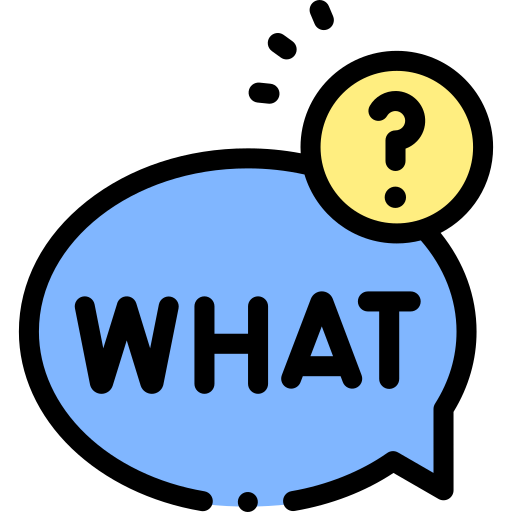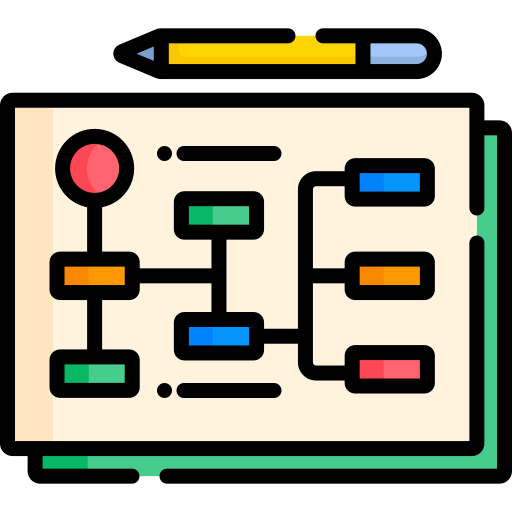Reading just provides the content to the mind; it is thinking that transforms what we read into our own.
— philosopher John Locke
Thinking is natural. It just happens — you don't have to force it.
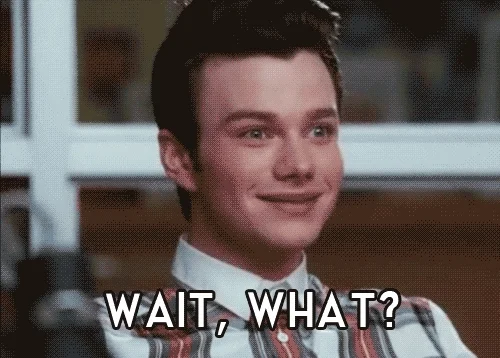
But you can make thinking happen in different ways.
You can think positively or negatively, with your “heart”, or with rational judgment. You can also think strategically and analytically, or mathematically and scientifically.

As a student, you're challenged to expand and develop your thinking skills.
One of the most important skills is critical thinking. Use your critical thinking skills to make the most out of your course readings.
What is critical thinking?
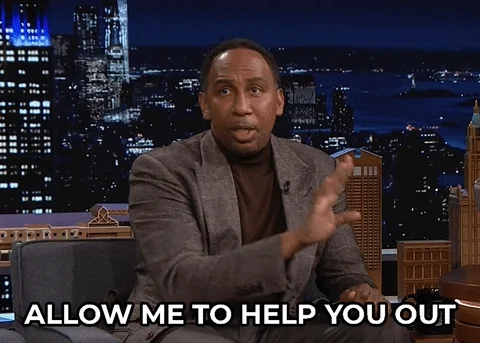
Critical thinking is:
Making clear and rational decisions about what to believe or do. 💡
It's about asking insightful questions such as "How do we know?" or "Is this true all the time or only for this particular instance?" 💡
It means not just learning information by heart or passively accepting what it says — it requires using skepticism and questioning assumptions. 💡
To summarise:
Critical thinking skills allow you to evaluate your understanding while you read.
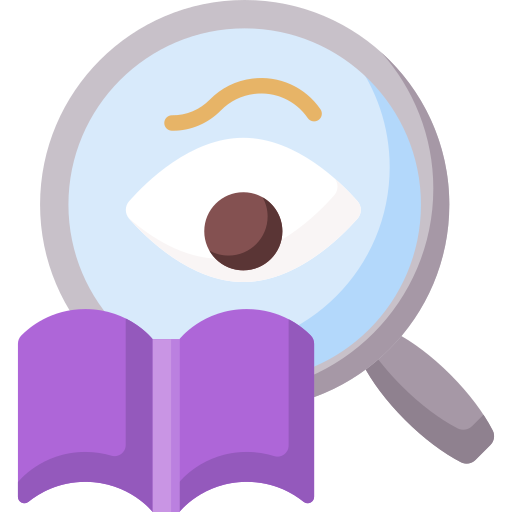
Becoming a critical reader
Education demands significant time and effort for reading,which shouldn't be seen as a passive activity but an active process aimed at learning goals. Becoming a critical reader involves strong reading skills and a conscious effort to understand, connect, evaluate, and express opinions on the text.
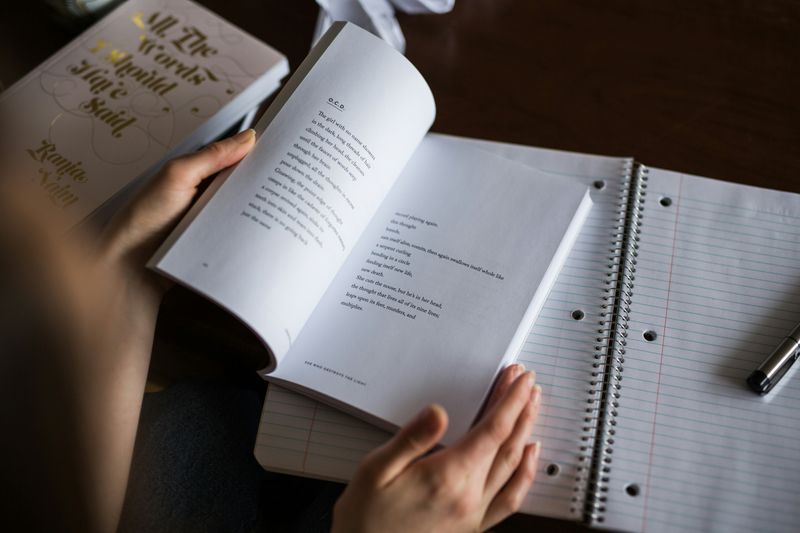 Photo by Thought Catalog on Unsplash
Photo by Thought Catalog on UnsplashBeing a critical reader is a skill that can take time and practice.
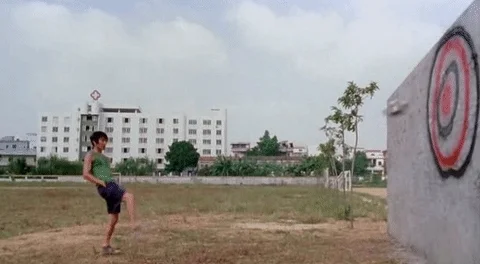
Goals of critical thinking skills for reading:
Reflect on these key factors when trying to read critically:
What the text says: After critically reading a text, you should be able to take notes and paraphrase the key points in your own words.
What the text describes: Make sure you understand the text well enough to provide your own examples and compare it to other related writings.
Interpretation of the text: This means you should thoroughly examine the text and determine its deeper meaning.

How to become a critical reader
Your time is precious! So make the most of your reading.
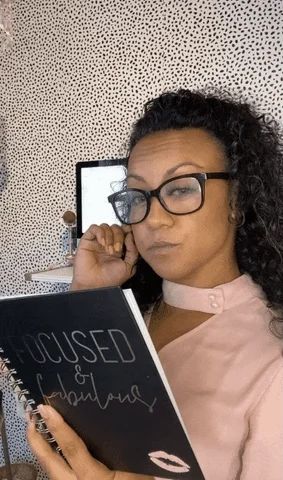
The SQ3R method for critical reading is one technique that will help you to read with purpose and to understand complex information in any academic text.
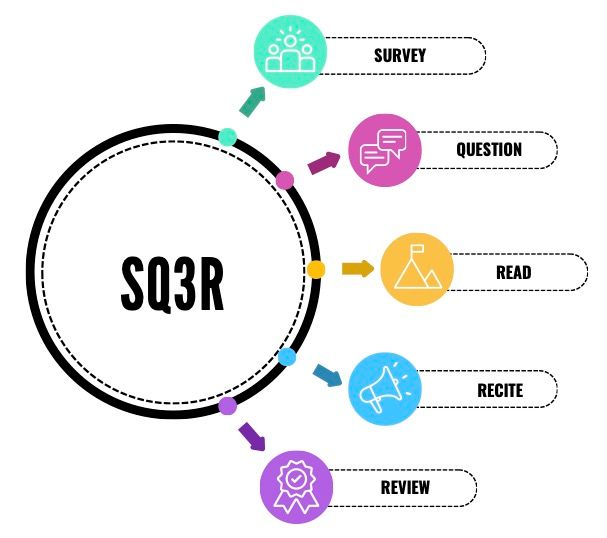
Use SQ3R to become a critical reader
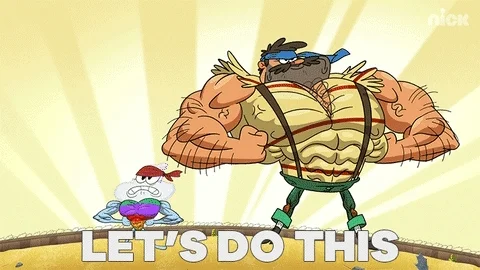
Imagine you're reading a chapter on climate change.
How are you going to use the SQ3R reading strategy to read critically?

1. Survey
Skim the entire chapter on climate change.
Look at:
The front and back of the book cover.
Any graphs or charts.
The table of contents.
The title, headings, and subheadings.
Read the abstract, introduction, and conclusion.
This will give you an overall picture of what the article covers and its structure.
Ask yourself: What can I learn from the text?
2. Question
Think about what you already know about climate change.
Use the title, headings, abstract, and introduction to write down some questions you hope this chapter will answer. For example:
What are the main causes of climate change mentioned in the chapter?
What solutions are proposed?
How does the article address the impact of climate change on different regions?
As yourself: What do I hope to learn from the test?
3. Read
Now read the chapter thoroughly to find answers to your questions.
Note key points and evidence that support the author's arguments. Pay attention to sections that answer your pre-set questions.
Do a first reading.
Read selectively.
Summarise or make notes.
Underline or highlight key points.
4. Recite
After reading a section, pause and describe the content in your own words.
Talking out loud or write down key points. For example: You have read about the causes of climate change, you might recite: "The article names the main causes of climate change to human activities such as fossil fuel combustion, deforestation, and industrial processes."
You can also make use diagrams or mind maps to recall information.
5. Review
Once you've gone through the entire chapter, go back to your initial questions and summarise the answers you found.
Compare them with the notes you made during the reading phase. Critically analyze the information:
Were the arguments logically structured?
Did the article provide sufficient evidence for its claims?
How credible are the sources cited in the article?

Reflect on whether the article changed your understanding of climate change or reinforced what you already knew.
Quiz
When using the SQ3R method for critical reading, which of the following phrases represents the action in the "Recite" step?
Quiz time!
Now that you've learned the SQ3R steps, how will you apply your critical thinking skills as you read?

Look at the following scenario:

Emma is enrolled in a class called "History of Food". The first course reading chapter is about "Dessert". She decided to read the chapter according to the SQ3R method.
Arrange her actions in order according to the SQ3R critical reading method focusing only on the first four steps of the method.

Emma re-reads the paragraph thoroughly looking for the answers and adds it to her notes.
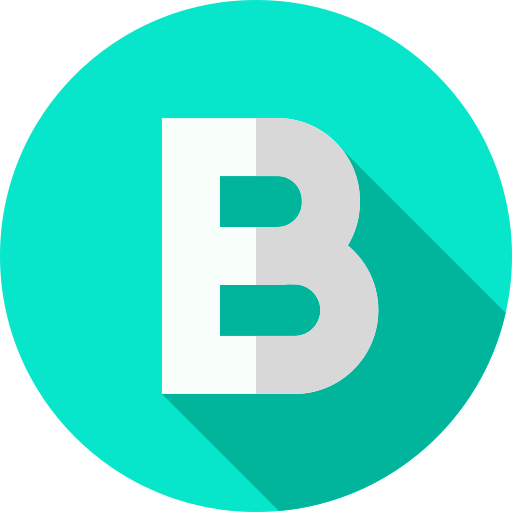
Emma recites the material in her own words before writing it down to ensure that she understands it completely.
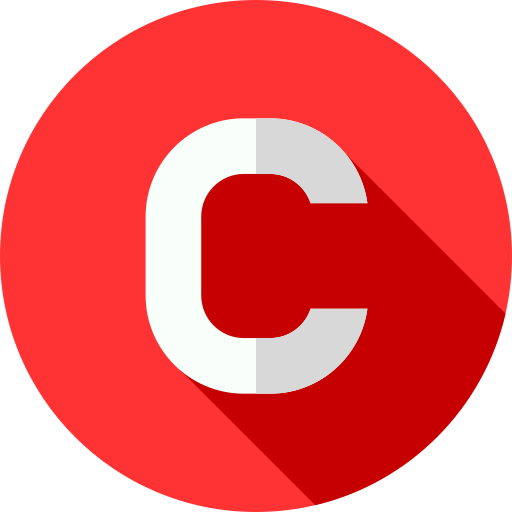
Emma skim-reads the chapter, focusing on headings and key diagrams to grasp the central ideas. She identified that the chapter covers the origin of ice cream, its language, its introduction to the U.S., and the most popular ice cream in the U.S.

Emma formulates questions based on key headings she noticed. The first heading she reads is The Origin of Ice Cream. She develops a few questions on the topic. She adds her questions to her notes.
Quiz
Arrange the actions in order according to the SQ3R critical reading method focusing only on the first four steps of the method:
Take Action
By following these key steps, you engage actively with the material, enhancing comprehension and retention, which are essential aspects of critical reading.
You might think this is hard.

But, isn't it amazing how we can have such complex thoughts?
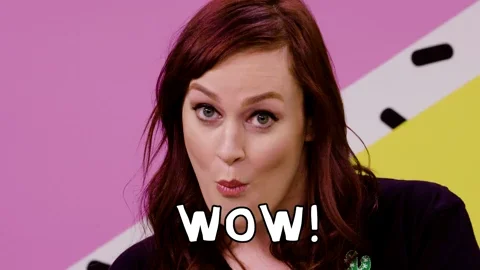
The more you apply these critical thinking skills while you read, the easier it gets.
And before you know it, critical reading will become second nature to you!
 Photo by rivage on Unsplash
Photo by rivage on UnsplashLooking for more information on critical thinking skills for reading?
Your feedback matters to us.
This Byte helped me better understand the topic.


